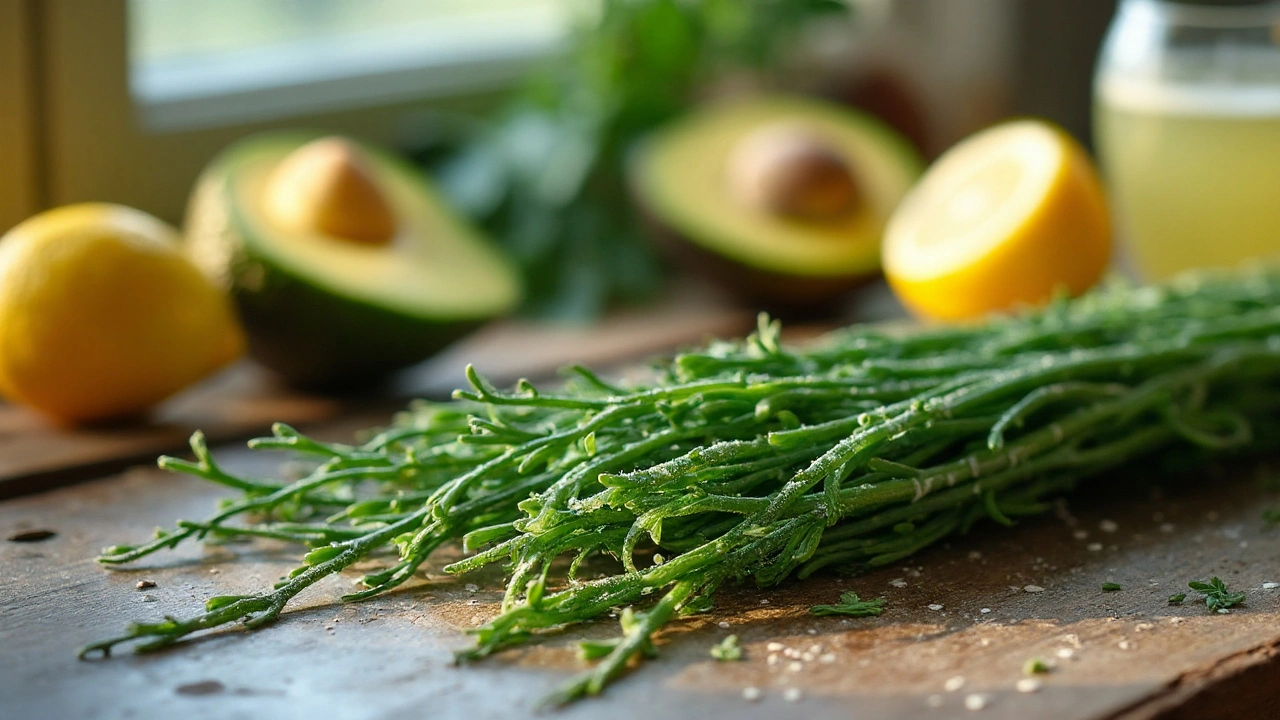Iodine Rich Supplements: What They Are and Why You Might Need One
Ever felt a little sluggish, noticed a dry scalp, or wondered why your thyroid tests were off? Those signs often point to low iodine. Iodine is a mineral your body uses to make thyroid hormones, which control metabolism, energy, and growth. When diet falls short, a supplement can fill the gap.
Most people get iodine from sea‑food, dairy, and iodised salt. If you avoid fish, live in a region with non‑iodised salt, or follow a strict vegan plan, you might not reach the recommended 150 µg per day. That’s where an iodine rich supplement steps in – a convenient way to hit the target without changing every meal.
How Much Iodine Is Safe?
The upper safe limit for adults is about 1,100 µg daily. Going beyond that can hurt the thyroid and cause heart issues. For most adults, a supplement providing 150‑300 µg is enough to correct a mild deficiency. Pregnant or breastfeeding women need a bit more, usually around 290 µg, but they should check with a clinician first.
When you pick a product, read the label. Look for “IU” (international units) or “µg” – they’re the same thing for iodine. Avoid combos that push you past the safe limit unless a doctor specifically prescribed them.
Choosing the Right Iodine Rich Supplement
There are three common forms: potassium iodide, sodium iodide, and kelp (a seaweed). Potassium iodide is the most studied and offers a predictable dose. Kelp provides iodine plus a handful of other minerals, but the exact amount can vary batch to batch.
Pick a supplement that is USP‑verified or has a third‑party test logo. That way you know the amount on the bottle matches what’s inside. Also, check if the product is free of allergens you’re sensitive to, such as soy or gluten.
One practical tip: start with a low dose and see how you feel. If you notice any hair loss, skin rash, or heart palpitations, stop and talk to a health professional. Those signs can mean you’re taking too much.
Remember, supplements are not a substitute for a balanced diet. Adding a few iodine‑rich foods like seaweed snacks, dairy, or eggs can boost your intake naturally. Use a supplement as a backup, not the main source.
Bottom line: if you suspect low iodine, a modest iodine rich supplement can be a smart, safe fix. Just keep the dose within the recommended range, pick a reputable brand, and pair it with iodine‑friendly foods. Your thyroid will thank you, and you’ll likely feel more energetic in no time.

Samphire Supplements: Why This Sea Veg is the Next Big Health Trend
Discover why samphire is gaining traction as a powerful dietary supplement. Learn its nutrient profile, health benefits, safety tips, and how it stacks up against other sea‑vegetable powders.
More Detail